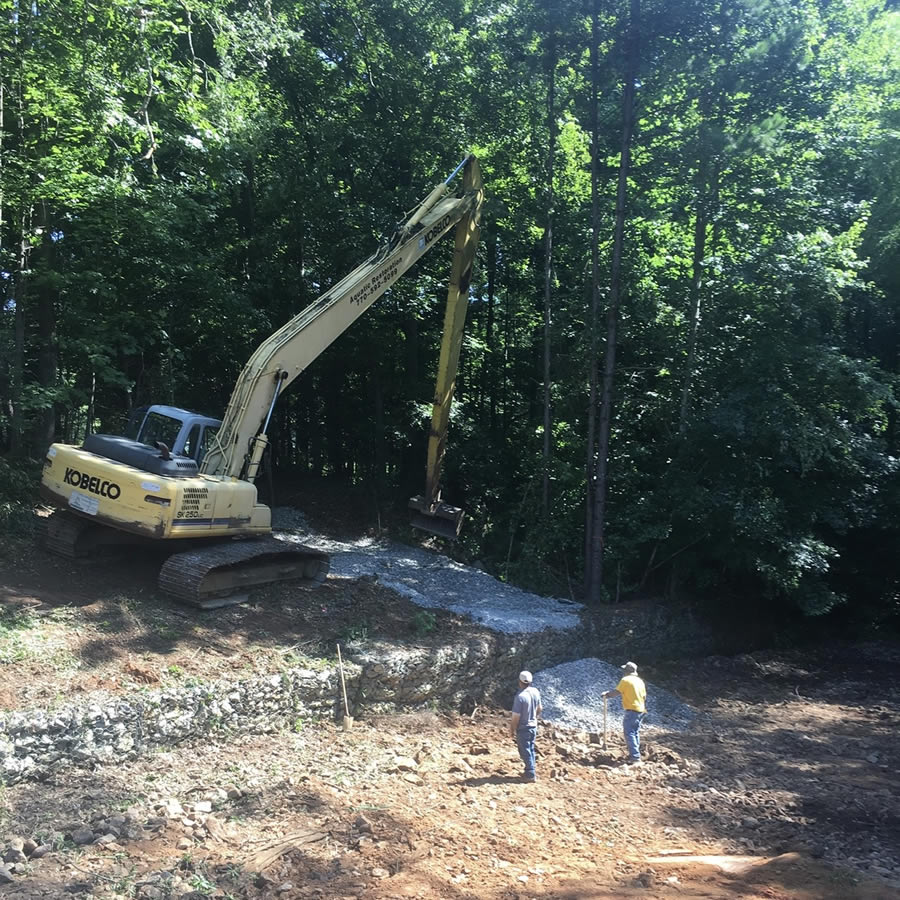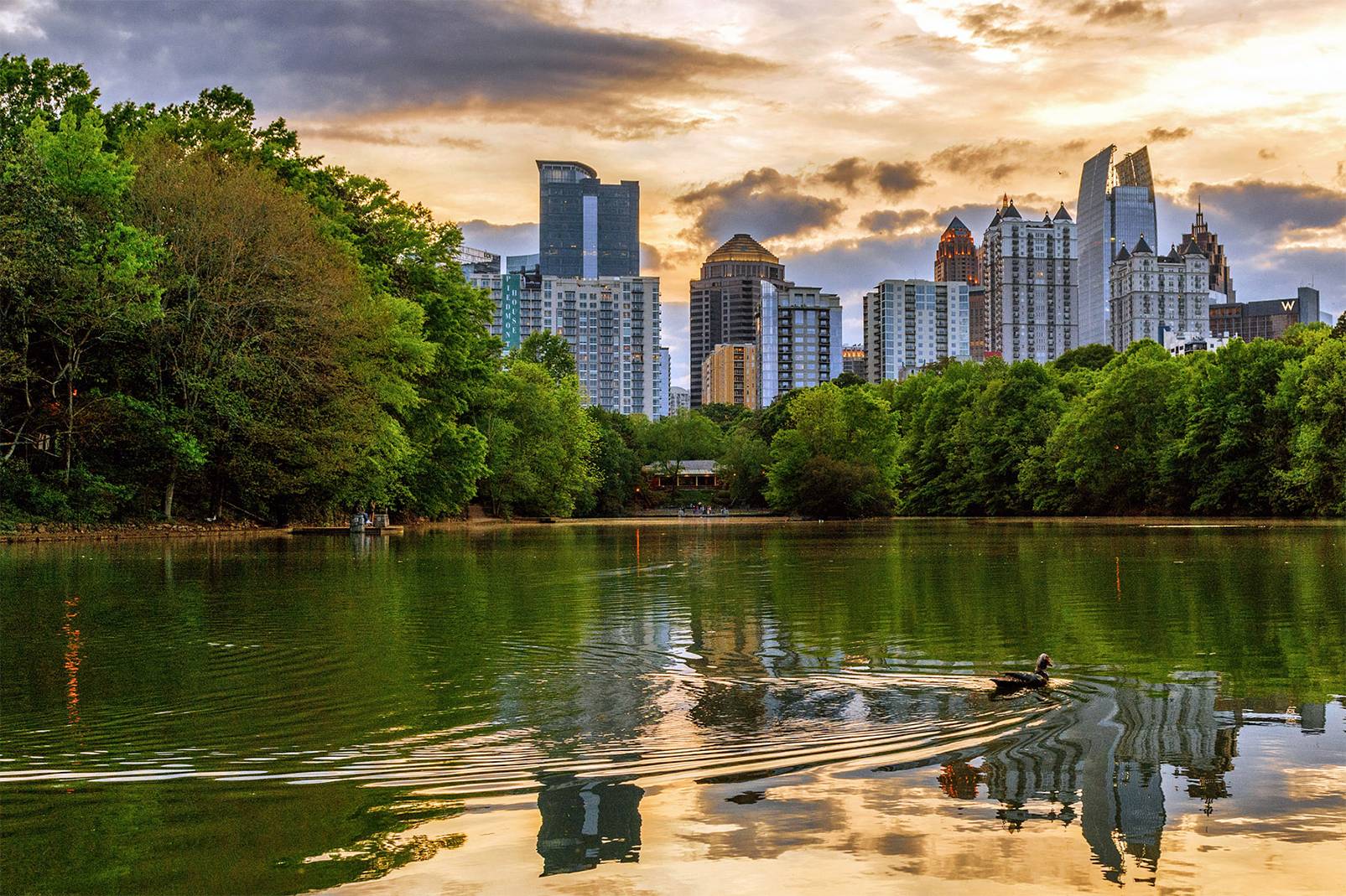
Water bodies, such as lakes and ponds, are not just tranquil features of the landscape; they are dynamic ecosystems. However, things can go wrong. Over time, sedimentation can accumulate and silently transform these serene waters into potential breeding grounds for numerous problems.
This sedimentation not only alters the depth of the water body but also fosters the proliferation of algae blooms, aquatic weed growth, and a decline in oxygen levels. But there is a solution. Enter pond dredging – a critical process employing specialized equipment to remove excess sediment and rejuvenate these essential aquatic habitats.
In this article brought to you by Aquatic Restoration, we dive into the basics of dredging. If you would like to have your pond or lake dredged and even maintenanced throughout, then call Aquatic Restoration. We are an established business with over 35 years of experience in detention and retention pond maintenance. We also service lakes and other bodies of water.
Sedimentation is a natural process wherein particles settle at the bottom of water bodies over time. However, human activities such as urbanization, agriculture, and deforestation accelerate this process.
As sediment accumulates, it diminishes water depth, restricts navigation, and impairs the ecological balance. Moreover, excessive sedimentation can fuel the growth of algae and aquatic weeds which not only spoil the aesthetic appeal but also disrupt the delicate ecological equilibrium by depleting oxygen levels essential for aquatic life.

Pond dredging is a simple-yet-powerful solution to allay the adverse effects of sedimentation and restore the vitality of water bodies. This meticulous process involves specialized dredging equipment designed to extract sediment from the bottom of ponds and lakes. Dredges, excavators, or suction devices are meticulously deployed to remove accumulated sediment, debris, and other contaminants.
The benefits of pond dredging extend far beyond mere aesthetic enhancement. By restoring water depth and clarity, dredging facilitates navigation for boating, fishing, and other recreational activities.
Furthermore, dredging curtails the proliferation of algae blooms and aquatic weeds to keep the water clearer. Enhanced water quality resulting from dredging also promotes biodiversity and supports various aquatic species, ensuring the sustainability of the ecosystem.
While pond dredging offers significant benefits, it must be approached with consideration for environmental impacts. Dredging activities have the potential to disturb aquatic habitats, disrupt sediment dynamics, and release contaminants into the water column.
Environmental assessments are crucial to identify potential risks and develop mitigation strategies. Adherence to regulatory guidelines and best management practices ensures that dredging activities are conducted responsibly and minimize adverse effects on the environment.
Successful pond dredging projects hinge on meticulous planning and execution. Prior to commencing, thorough site assessments are conducted to evaluate sedimentation levels, water quality, and ecological sensitivities.
Based on these assessments, you will need to tailor a strategy involving selecting the appropriate equipment, dredging techniques, and disposal methods. Throughout the dredging process, continuous monitoring and adaptive management are essential.
Lake and pond dredging is a simple concept but a complex procedure. If you have any questions or would like to schedule a comprehensive pond maintenance appointment, then call Aquatic Restoration to consult with a knowledgeable professional today.
Dredging is an integral part of keeping lakes clean, healthy, and sustainable. This…
Lake management is an integral part of keeping your lake in peak condition. It involves activities such as lake…
There are many incredible benefits that come with restoring natural lake depth. Not only does it improve water quality…
When it comes to maintaining healthy water bodies, there are two primary methods that are often used: dredging and pond…
There’s peace of mind in knowing you have a reliable detention pond on your property. These man-made ponds temporarily hold…